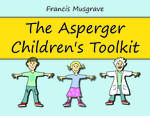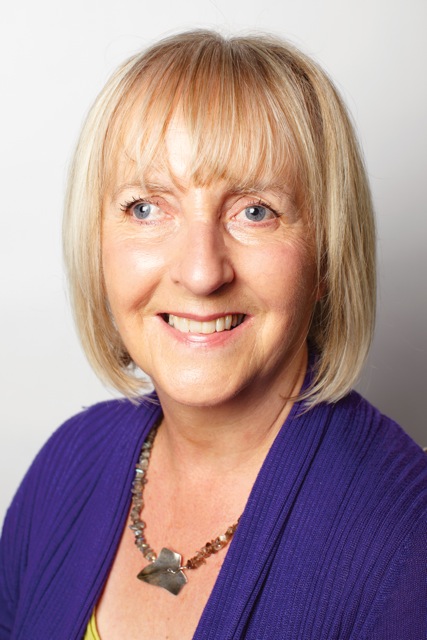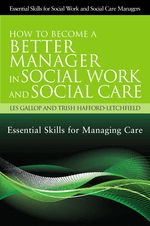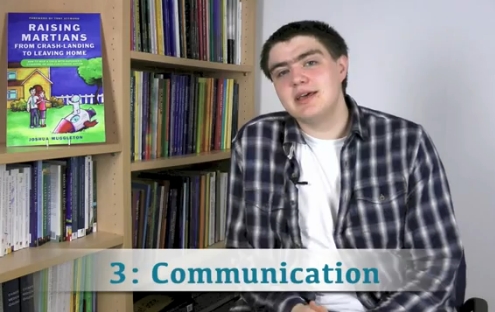Helping kids on the Autism Spectrum handle setbacks and celebrate successes – An Interview with Francis Musgrave
“Kids with High Functioning Autism (HFA) and Aspergers, are very self-aware, and crave social interaction. We work with them to facilitate this, not only to make socialising a rewarding experience but to help them see and remember how it is achieved. It requires constant and persistent reinforcement, but it really pays off. “









